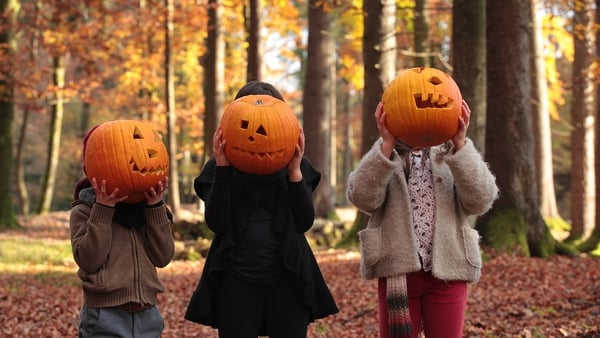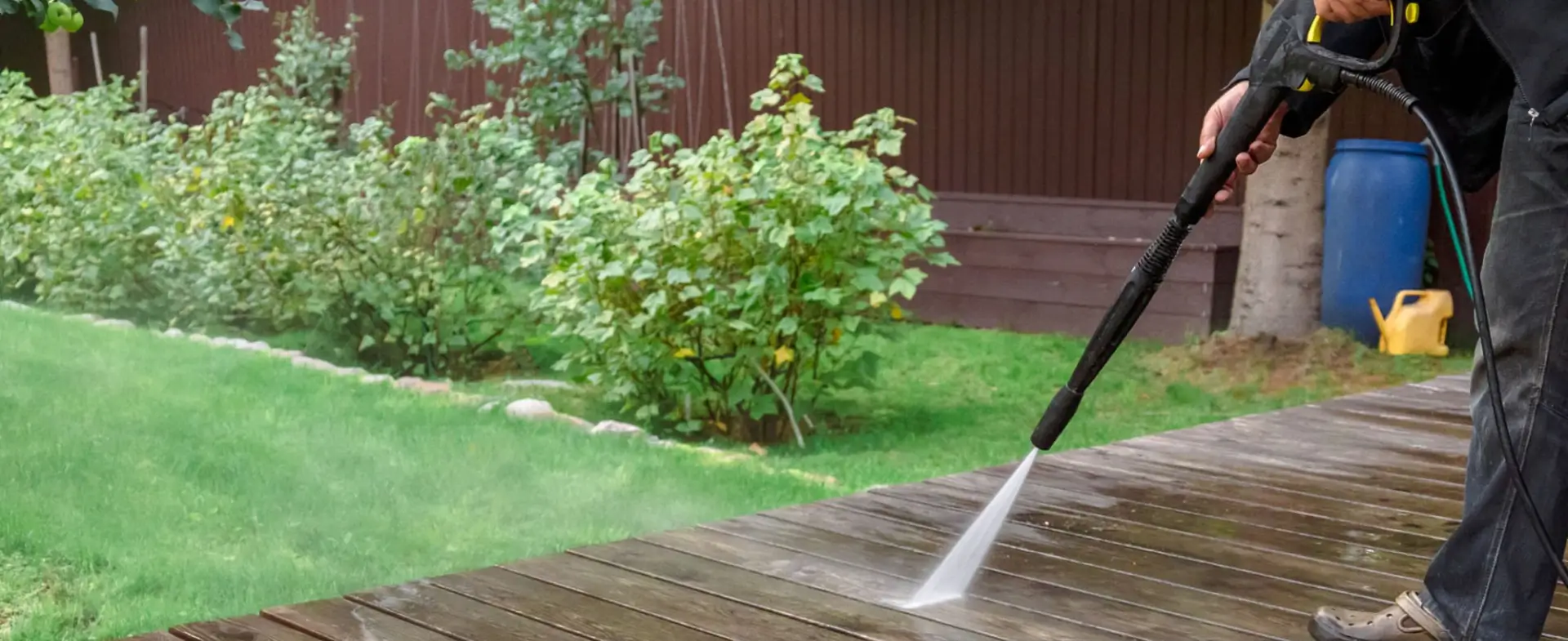Oct 30,2024

Analysis: Halloween can be a unsettling, overwhelming and distressing time for children with sensory issues
By Margaret McGrath and Linda Horgan, UCC
When it comes to Halloween, the norm is thrown out the window. It is about spontaneity, surprise, darkness, lack of control, the changing presentation of familiar people and the changing presentation of how people greet you when you knock at the door. The smells, sounds, tastes and textures of clothing all change.
For people who have sensory issues or find it difficult to interpret what is happening in the world around them, this can be a very unsettling, overwhelming and distressing time. Not everyone enjoys Halloween but with some adaptations we can make Halloween celebrations more inclusive for all.
Sensory modulation in humans occurs when we take in information from the world around us and process it and respond appropriately. Sensory modulation is a two part process that involves both the neurological ability to regulate and process sensory stimuli and a means to regulate our response to those stimuli.
From Lloyds Insurance, what is sensory modulation?
We have eight senses in our sensory system. We are all familiar with the common five, namely smell (olfactory), taste (gustatory), touch (tactile), sound (auditory) and sight (visual). We are probably less familiar with vestibular, proprioceptive and interoceptive. The vestibular assists our balance, helps us change our body position, posture and muscle tone. The proprioceptive senses movement, where our body is in space and helps us to feel grounded and know where we are and what we are doing. Interoceptive is often referred to as the 'hidden sense' as it refers to what is happening inside our bodies, such as hunger, fullness, sleepiness or full bladder.
We are often unaware of sensory modulation except in extreme cases where we touch something hot and pull our hand away or smell something foul or trip up and feel our body fall before we suddenly right ourselves. Sensory modulation difficulties impact between 5 and 15% of children and can make participation in sensorily loaded events such as Halloween difficult.
People with sensory modulation difficulties may present as being overly responsive or under responsive to one or many senses. A person with an overly responsive auditory processing might be quick to sounds, but this super sensitivity may make it difficult to be in a noisy world. You hear all the traffic, you hear the trees rustling and you hear everyone's voice equally. When someone turns on the hand dryer in the toilet, it's like being next to a jet engine and they didn't tell you they were going to turn on the hand dryer so it's scary!
From TEDxTalks, occupational therapist Virginia Spielmann on why your sensory health matters
A person who has one or sensory systems that under-responsive may not notice, and process information received from the senses as well others. This person will need stronger input to get the sensation. For example, if your proprioceptive system is under responsive you may be very strong in your physical actions of pushing and shoving and others may interpret it as harmful. What is confusing for many people is that the profile of sensory processing may be mixed and a person can over-responsive in one area and under-responsive in another.
While there is no requirement to celebrate at Halloween if you would like to make Halloween festivities easier and more enjoyable for people with sensory processing concerns and their families then preparation is key. Here are some strategies that might help.
Plan ahead
Discuss Halloween with your child and look at photos of people they know in costume. Stories can create a connection and a feeling of security. Make a personal story or visual schedule of what Halloween may look like in your lives, which can be reused each year.
Controlled experience
Visit shops that sell Halloween costumes and decorations at a quiet time to allow exploration or look out for sensory friendly Halloween events such as Sensory Hour.
Support participation on your child's terms
Allocate one adult to be with the child who may experience challenges who can support the child and leave if required, without changing the experience for other children in the group. Older children may have a code word to let the adult in their life know it is time to go.
Trick or Treating
Consider if you need to wait until it is dark or could you do it earlier in the day. Think about arranging with neighbours or friends to have a 'low key’ visit which will allow your child to participate at their level and build their confidence for future events. Remember you don’t have to visit, and for some children being the person at the door handing out treats could be enough.
What is confusing for many is that a person can over-responsive in one area and under-responsive in another
Costumes
Let your child decide what a costume is. It may be a sibling's clothes. It may be a hat; it may be their own clothes on inside out. When choosing traditional costumes be aware of things like tags and scratchy, noisy or crinkly material that may feel strange or make sounds when your child rubs against it. Decorate your noise cancelling headphones or make covers for them. There are no rules, only what works for you and your child.
School events
Talk to your child's teacher. Is costume day essential or could children have the option to wear their regular clothes? If they would prefer can your child go as they go every day and enjoy watching others in their costume? There is also the option of bringing your costume in your school bag and showing others without putting it on. All are acceptable.
Halloween is an important event in the calendar. Understanding and marking it in your way makes children feel included and share common experiences with their peers. How you do that must be decided by you and your family.
Prof Margaret McGrath is Head of the Department of Occupational Science & Occupational Therapy in the School of Clinical Therapies at UCC. Linda Horgan is a Lecturer in the Department of Occupational Science & Occupational Therapy in the School of Clinical Therapies at UCC.
.svg)
